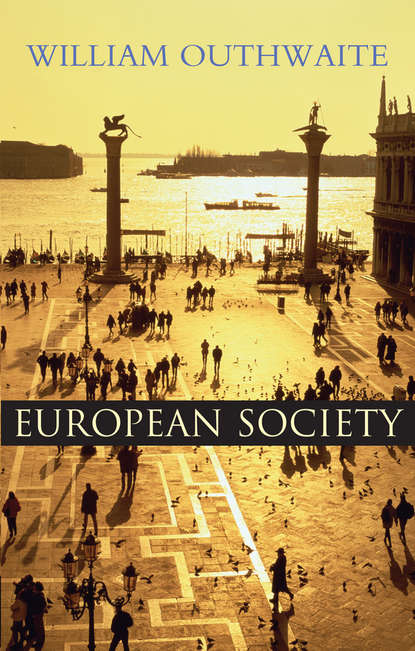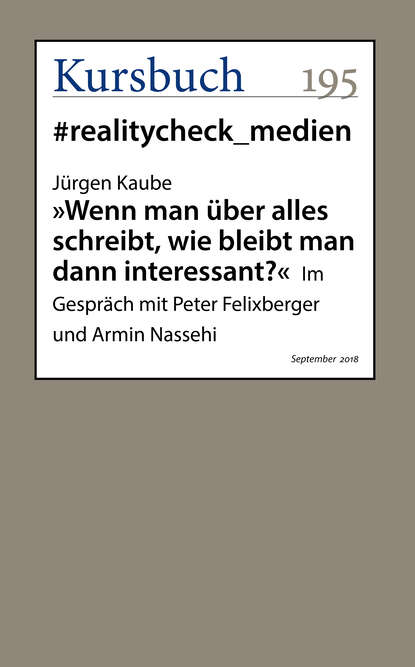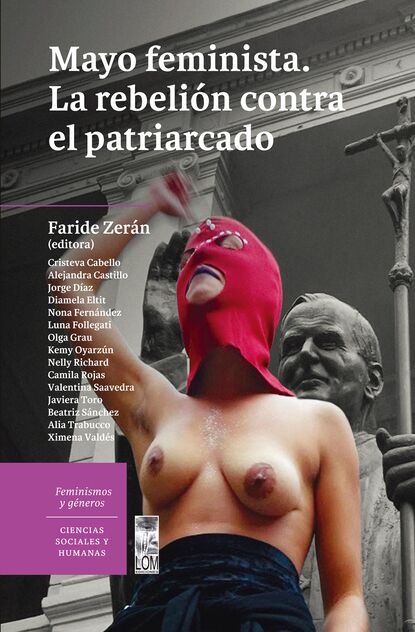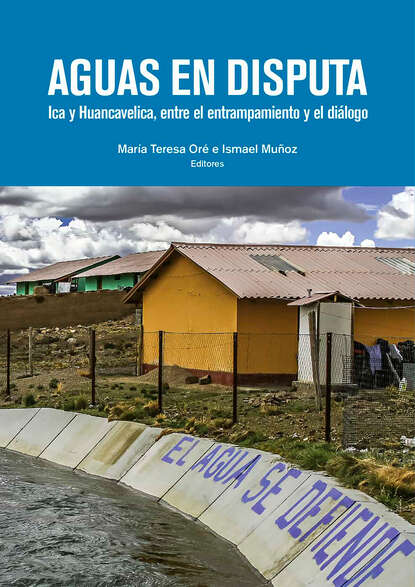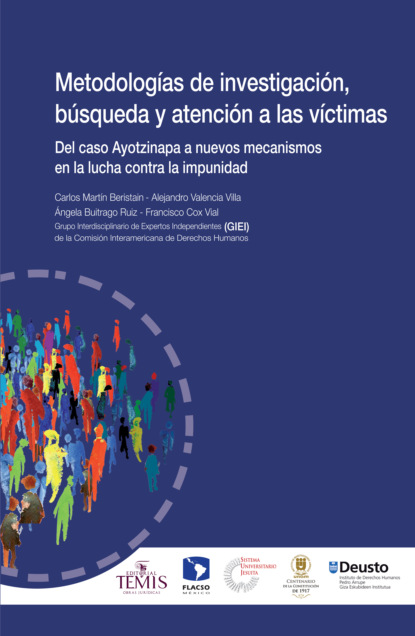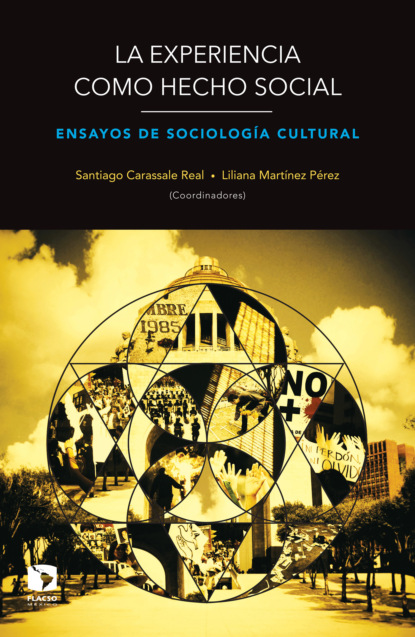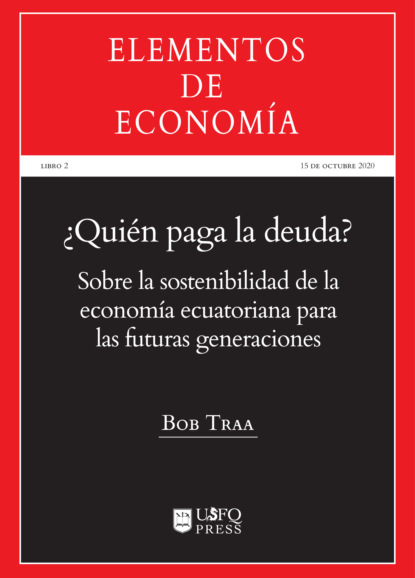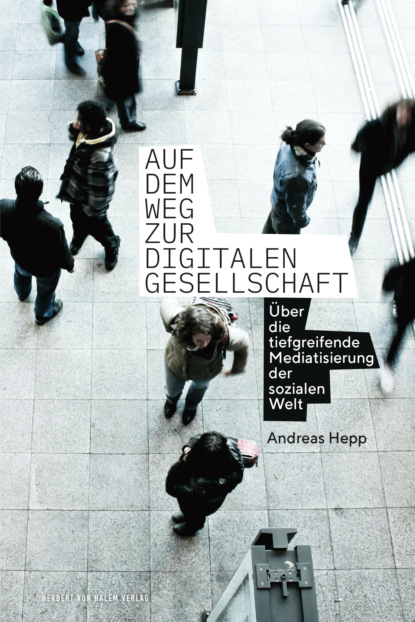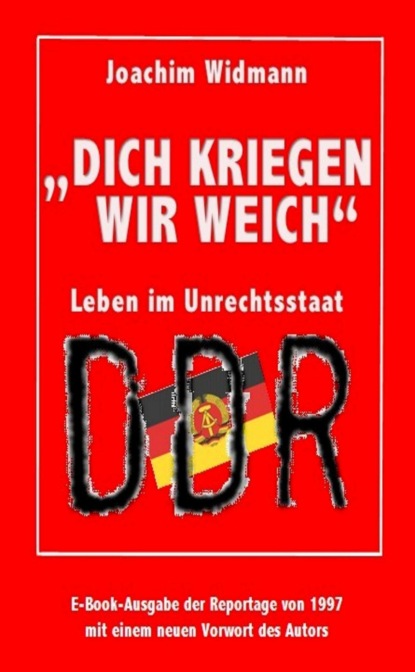Если коротко, William Outhwaite утверждает, что Европа – это нечто большее, чем просто совокупность отдельных стран и регионов. Он описывает изменения в политическом, экономическом устройстве и социальной жизни континента как целого, показывая особенности этих изменений на фоне постепенного перехода Европы к более однородному процессу.
Книга описывает формы политической, экономической и общей организации, которые получили распространение по всему миру вследствие экспансии Европы. В течение веков они модифицировались и совершенствовались, приобретая новые уникальные характеристики. Эти структуры продолжают оказывать свое влияние на современную жизнь, например, европейский социальный комплекс, культура секуляризма и формы демократической власти и взаимоотношений между политическими и экономическими секторами. Книга предоставляет краткий обзор и анализ этих характеристик, который поможет студентам изучать актуальную информацию о современной Европе. Эта работа также может быть полезна для всех, кто интересуется европейской культурой и событиями, происходящими на континенте.
Does it make sense speaking of a European “society,” above and apart from its constituting states and regions of Europe? This major new work counters the prevailing and sometimes harmful widespread belief that the Europe of today can legitimately best be described and discussed as an assemblage of several distinct regions. William Outhwaites work goes well beyond the traditional focus on individual states or particular parts of Europe; instead, it examines the varying contours of Europe as a single united whole. And it occurs at a period when so-called “Europe” is coming to be seen and acted upon by citizens as a singular entity.
In this critical reconsideration, ingenious section headings such as “Merging of Political, Economic, and Social Realities” provide an introduction to Outhwite’s global assessment. Just as Europe became without doubt a supreme political force during the medieval and early modern periods, so it has been the predominant site for experiments in economic structure and industrialization. Though European experience has had a profound impact on the configuration of social relations around the globe—its influence upon political, social, and cultural systems far reaching and unmistakable—in what ways are Europeans’social characteristics distinguishable today? In order to identify what makes Europe distinctively “European,” the author turns to the past 200 years to consult scholarly and contemporary commentary on post-industrialism, increasing awareness of diversity in “Western” societies (and “traditional”), and illuminating examples of “globalization.”
Throughout, Outhwaiteprovides remarkably clear and plausible reasons for why Europe retains non-obvious attributes that make it meaningful as a distinct entity within and beyond the confines of international relations. Moreover, the book proves to be a very useful reference tool for students who are interested in surveys of contemporary European politics, culture, or even the role of Europe in larger concepts and debates related to global interactions. As a general read too, this book strikes an excellent balance between grammatical clarity and intellectual accessibility, making it a solid summary and initiation into the sometimes complex and evolving discussion surrounding Europe’s distinctiveness.
Электронная Книга «European Society» написана автором William Outhwaite в году.
Минимальный возраст читателя: 0
Язык: Английский
ISBN: 9780745673240
Описание книги от William Outhwaite
Does it make sense to speak of a European society, above and beyond its component states and regions? In this major new book William Outhwaite argues that it does. He goes beyond the study of individual states and specific regions of Europe to examine the changing contours of the continent as a whole, at a time when Europe is beginning to look and act more like a single entity. In what we have come to call Europe there developed distinctive forms of political, economic, and more broadly social organisation – many of course building on elements drawn from more advanced civilisations elsewhere in the world. During the centuries of European dominance these forms were often exported to other world regions, where the export versions often surpassed the original ones. In the present century many features of European life remain distinctive: the European welfare or social model, a substantially secularised culture, and particular forms of democratic politics and of the relations between politics and the economy. This book provides a concise overview and analysis of these features which continue to make Europe a relatively distinctive region of global modernity. The book will become a key text for students taking courses on contemporary Europe, whether these are in departments of politics, sociology, literature or European Studies. It will also be of great interest to anyone living in, or concerned with, Europe today.
